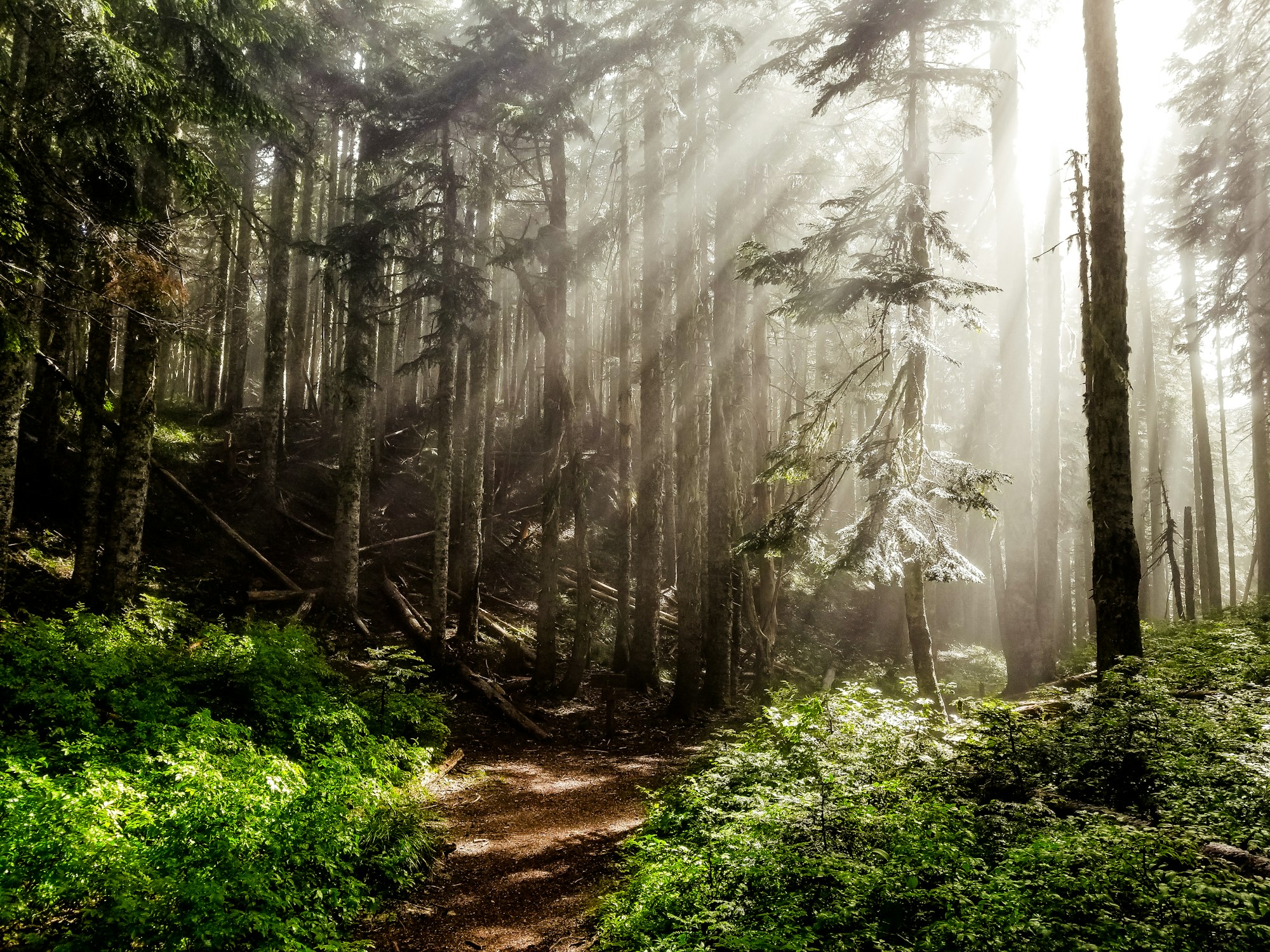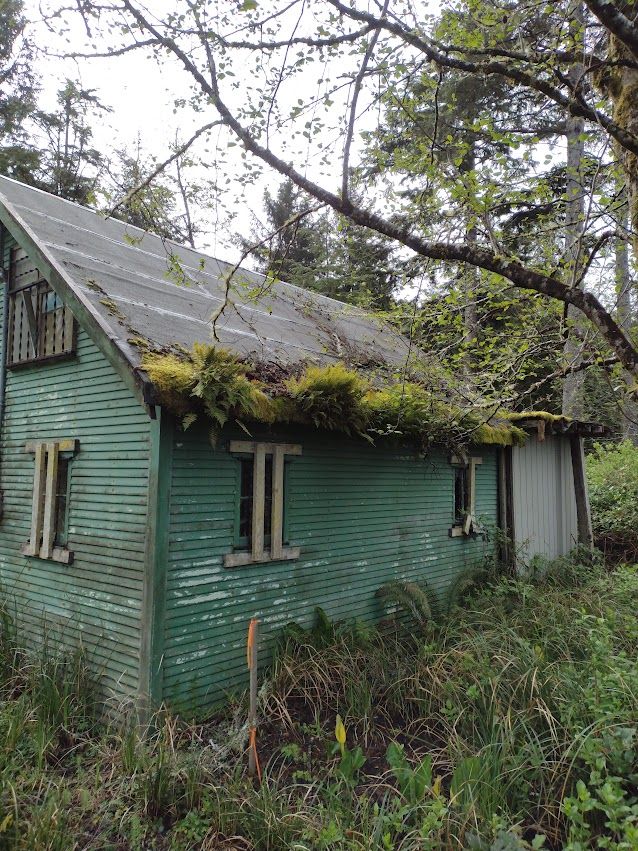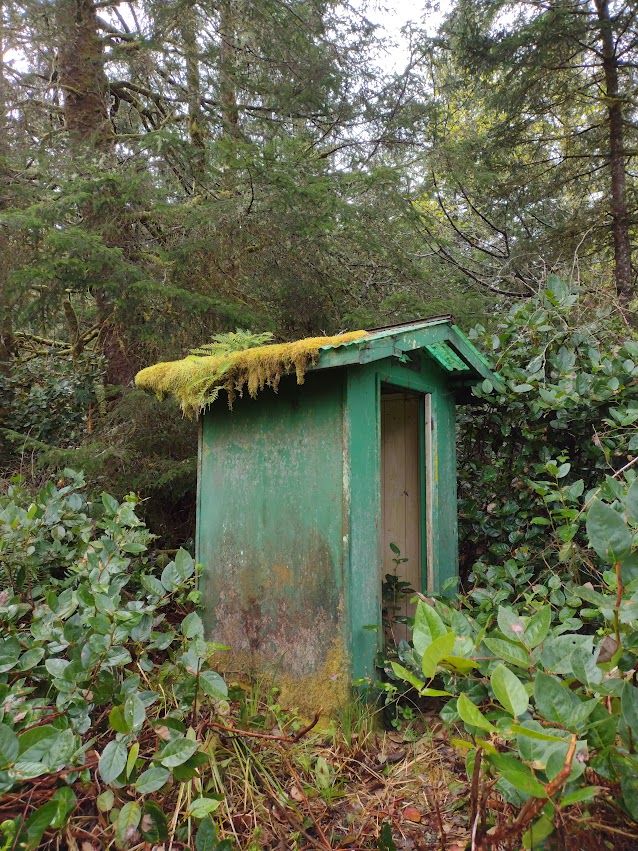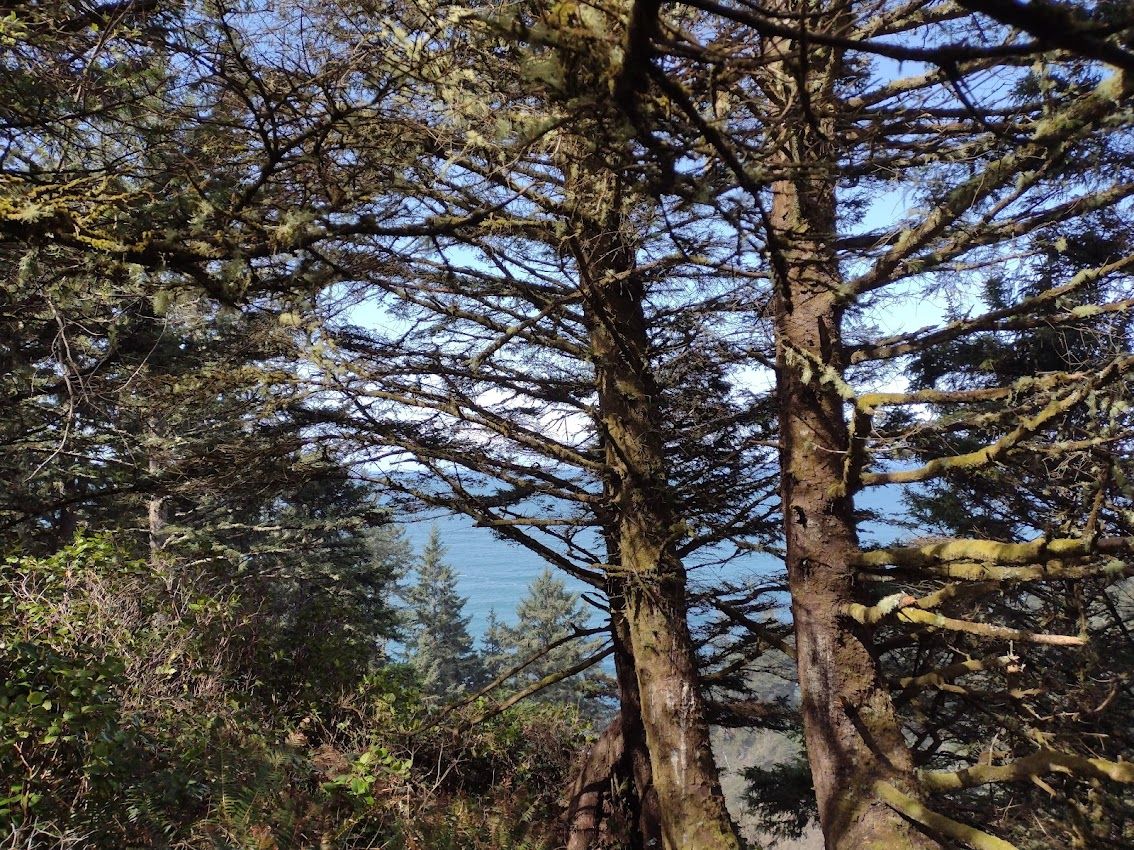
Two Saga Supporters speak up. That brought up all kinds of broader implications about war, us, and a possible future
Today was Hump Day, albeit it's my last rest day at the rear end of this business/vacay trip. This morning I published a piece about my most recent trip, which ends tomorrow. By midday there were two really excellent comments by Warren N and Jim S which inspired some thoughts.
In the spirit of making sure we all get to read thoughtful input, here then are what these two gentlemen, both of an age as am I, had to say about my observations on a changing American landscape:
My wife and I just got back from a three-week trip to Austin to visit one of our offspring. We had never driven through the deep Southwest and I have to tell you, it was a sobering experience.
The "desert" is an awe-inspiring place. Hundreds, yea, thousands of miles of scrub, rock and more rock...tall, short, round, red, brown, black. However, having grown up in the Pacific Northwest, the dry loneliness of it all began to wear.
But, what really sobered us up on the trip was the mostly deserted, broken, empty towns and ruins of farms and the equipment of the extraction economy that enriched a few and devastated generations who then fled to town.
A few locations have turned museums and local indigenous art into tiny bright spots. But, they are few and very far between.
While being awed by the vastness of it all, we were saddened by the lost lives and dreams represented by the hundreds of ruined and abandoned homes and businesses. - Warren
I had already photographed this home nestled by the side of the road, clearly also abandoned, right about the time Warren was penning this comment. This house with its outhouse is perhaps a half mile from the beach, doing what abandoned houses do in this part of the country:


As a story teller, I am always intrigued when I see such buildings, and wonder the who, the what, the why, and what happened to those people.
Jim added this:
Back in high school in the 1960s I had to write a paper on the "Megalopolis", a city of unimaginable size. At the time the city I lived in was near the bottom of the 100 largest in the US, with just over 130,000 residents. There wasn't much in the way of research material, and my grade was less than impressive. Now I've been living in a megalopolis for 48 years, and I wish I could go back and enlighten my young self on what was coming. Those of us in the much-maligned "Boomer" generation experienced road trips to places that were very different from our own, in a time when small towns were unique and picturesque. Fast food, malls, and a relentless pursuit of growth at all cost have destroyed that. I also have no words, but I will borrow those of Simon and Garfunkel in the song "America." I'm empty and aching, and I don't know why.
These two men speak to the truth of our younger selves. We couldn't imagine what was coming, which is why, when today's Love-To-Haters point at all those evil Boomers, they may not realize that fifty years hence there will be unimaginable consequences for their own consumption habits. What seemed right, normal, innocent at the time, and now, as they go grey, they can, with the gift of hindsight, see the damage as it was rolling over us all.
I confess to being just as blind. I had no idea. When my parents sold our farm, they and I could only see the sudden influx of cash which would allow them options. That is true right now, and as Warren noted, so many old abandoned dreams had to be released, and others chased, as opportunities ebbed and flowed. All those Minnesotans and other farm folk whose kids wanted no part of farming sold out, moved to town. That land became ticky tacky housing or corporate conglomerates with plenty of RoundUp for good measure.
I am happy to see the beginning of the end of the extractive industries, albeit I will be planted long before they are done with us, such is the power of the companies and our addiction to cars and anything that uses petroleum. In my thirties, I lobbied hard in Congress and the Senate for solar, wind and other tech, but that got squashed by the Reagan Administration. And will by any future Republicans for as long as I still live, my bet. And idiot politicians of any stripe whose butt is owned by unions who still work in those industries, please see Joe Manchin.

However, necessity will drive those changes. Even as I drove the sun-kissed coast today through Tillamook and rounded yet more of America's womanly curves to have my breath taken away by the vistas before me, I listened to the reports of how Russia is cutting off natural gas to this and that country.
And diesel. That means much higher prices for anything shipped. While that is likely to be most painful in the short run, even now Germany, Poland and just about everyone else is already scrambling to do what should have been done decades ago: find alternatives, and suck it up for the short term.
Russia may have overplayed her hand with this energy pissing contest. Germany is righteously embarrassed to have been caught with Russia holding her by the short and curlies. Germany means to take serious steps and that includes a stronger military, which of course has its own unfortunate byproducts. Russia may well have been terribly foolish for making the assumption that Europe would cave to those demands. Change is afoot there.
We will also suffer for those changes. Americans have long been sheltered from the true costs of fuel, and the reverberations in the economy everywhere aren't going to be kind, most especially to those already suffering at the low end of the economic totem pole.
However. The way I see it, for those generations coming after the Zs, if you will, what has been forced into play by the Ukrainian invasion may well truly be the reset the world needs.
Given what I have seen all over the country, perhaps that growth, fueled far too easily by everything cheap, will be forced to grind to a stop. Perhaps we will also be forced to relearn how to grow things locally and do without nectarines from Chile in winter. Fifty, sixty years ago too many of us believed that all those resources and land and water were endless and forever. Now we know better.
Warren, Jim and I remember seasonal foods. Nobody died for not having green grapes and strawberries all year round. If anything it has cost us all to become so dependent upon such luxuries. I am a great fan of discomfort, for with discomfort comes growth. Discomfort as a result of such huge sea changes may well force many of us to rethink how we vote, how we manage our lives and money, and how we consume.
What Jim, Warren and I all saw the decades before Walmart was a very different kind of American landscape, full of self-sufficiency and community. I won't go into the obvious issues with our past as regards racial injustice; this isn't that article. This simply addresses the cost of extreme consumption, and the absolute unsustainability of the kind of growth I witnessed still barrelling across the landscape.
It is my very real hope that the suffering brought on by yet another expanding war can also lead to a different kind of inter-dependency, economies which don't value conspicuous consumption for the sake of it. Having our backs shoved against the proverbial wall that is our dependence on extractive industries, we might finally find the once powerful backbone to create technologies which take us in a much better direction. Some are already in development.
Maybe it's finally time to stop manufacturing tennis shoes with lights in the soles and put lights in our souls to do something very different with our time, ingenuity and resources without wiping every tree off the face of the earth for more concrete.
The way I see it, if we can create a Covid vaccine in just months, we could likely also speed up alternative energies the same way. What we've lacked is the will, and not enough voices calling out what we have left behind: a more sustainable way of life.
I could be dead wrong on this. However, when you get to your seventies and have watched enough wars and all the stupidity that goes with the mistakes we've made, perhaps we see things differently. Perhaps there is reason to hope. And, to that, there are plenty of those folks who, way back when, saw this coming, but nobody wanted to listen. To that, a song from my long-ago and misspent youth.
Joni Mitchell, now 78, wrote these lyrics in 1970, which were then and are still prophetic:
They paved paradise, put up a parking lot
With a pink hotel, a boutique, and a swingin' hot spot
Don't it always seem to go
That you don't know what you've got till it's gone
They paved paradise, put up a parking lot
(Ooh, bop-bop-bop-bop, ooh, bop-bop-bop-bop)They took all the trees put 'em in a tree museum
And they charged the people a dollar an'a half just to see 'em
Don't it always seem to go
That you don't know what you've got till it's gone
They paved paradise, put up a parking lot
(Ooh, bop-bop-bop-bop, ooh, bop-bop-bop-bop)
Hey farmer, farmer put away that DDT now
Give me spots on my apples, but leave me the birds and the bees
Please
Don't it always seem to go
That you don't know what you've got till it's gone
They paved paradise, put up a parking lot
(Ooh, bop-bop-bop-bop, ooh, bop-bop-bop-bop)
Late last night I heard the screen door slam
And a big yellow taxi took away my old man
Don't it always seem to go
That you don't know what you've got till it's gone
They paved paradise, put up a parking lot (Ooh, bop-bop-bop-bop)
I said don't it always seem to go
That you don't know what you've got till its gone
They paved paradise, put up a parking lot (Ooh, bop-bop-bop-bop)
They paved paradise, put up a parking lot (Ooh, bop-bop-bop-bop)
They paved paradise
Put up a parking lot
We are running out of places to put parking lots in what is left of the world's prettiest places. We need the trees more, as well as each other.

Dear Walkabout Saga Reader:
If my work appeals to you, may I kindly invite you to consider joining those Patreon supporters whose generosity keeps the gas in my tank as it were. Those supporters get to dictate my content calendar, we engage as a community, and this website and its content acts in service to our collective best selves.
You can explore that option here.
However you decide to partake of my writing, thank you.
Comments powered by Talkyard.